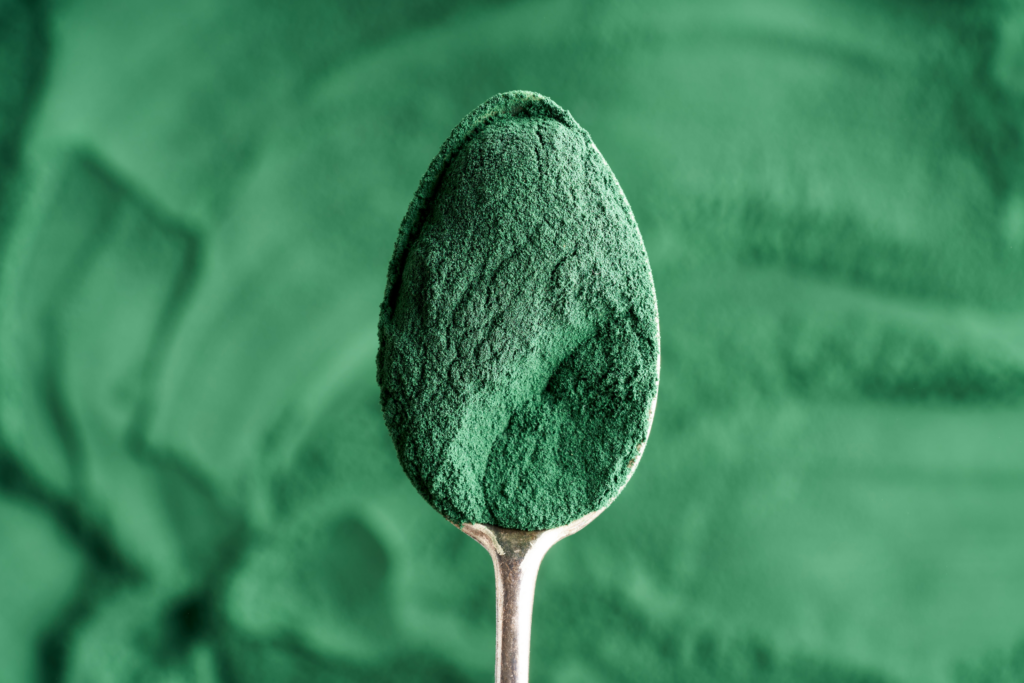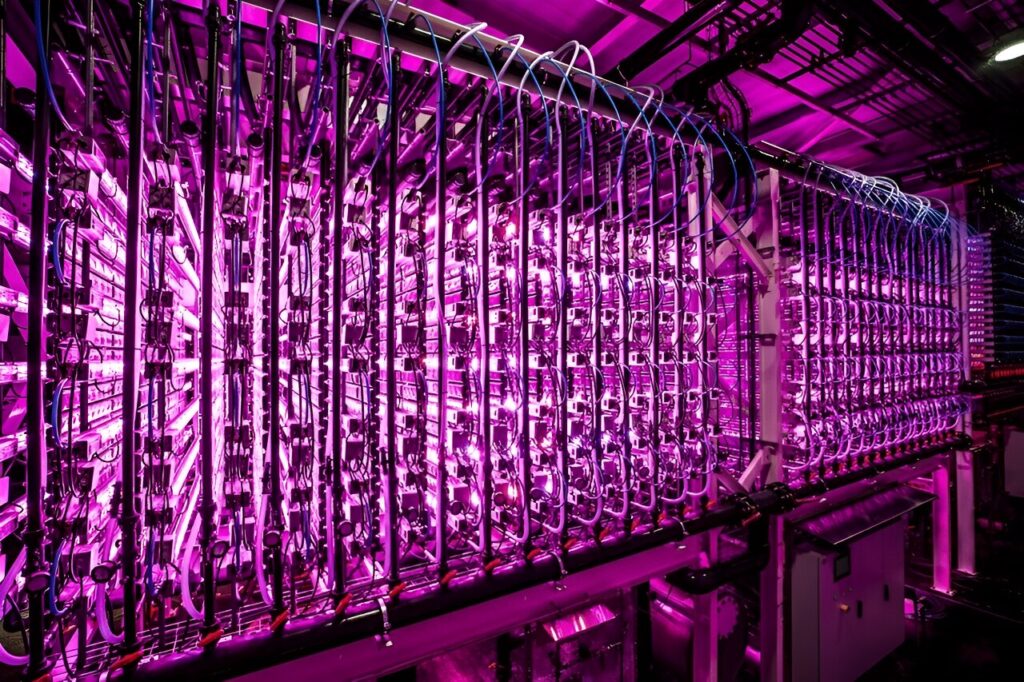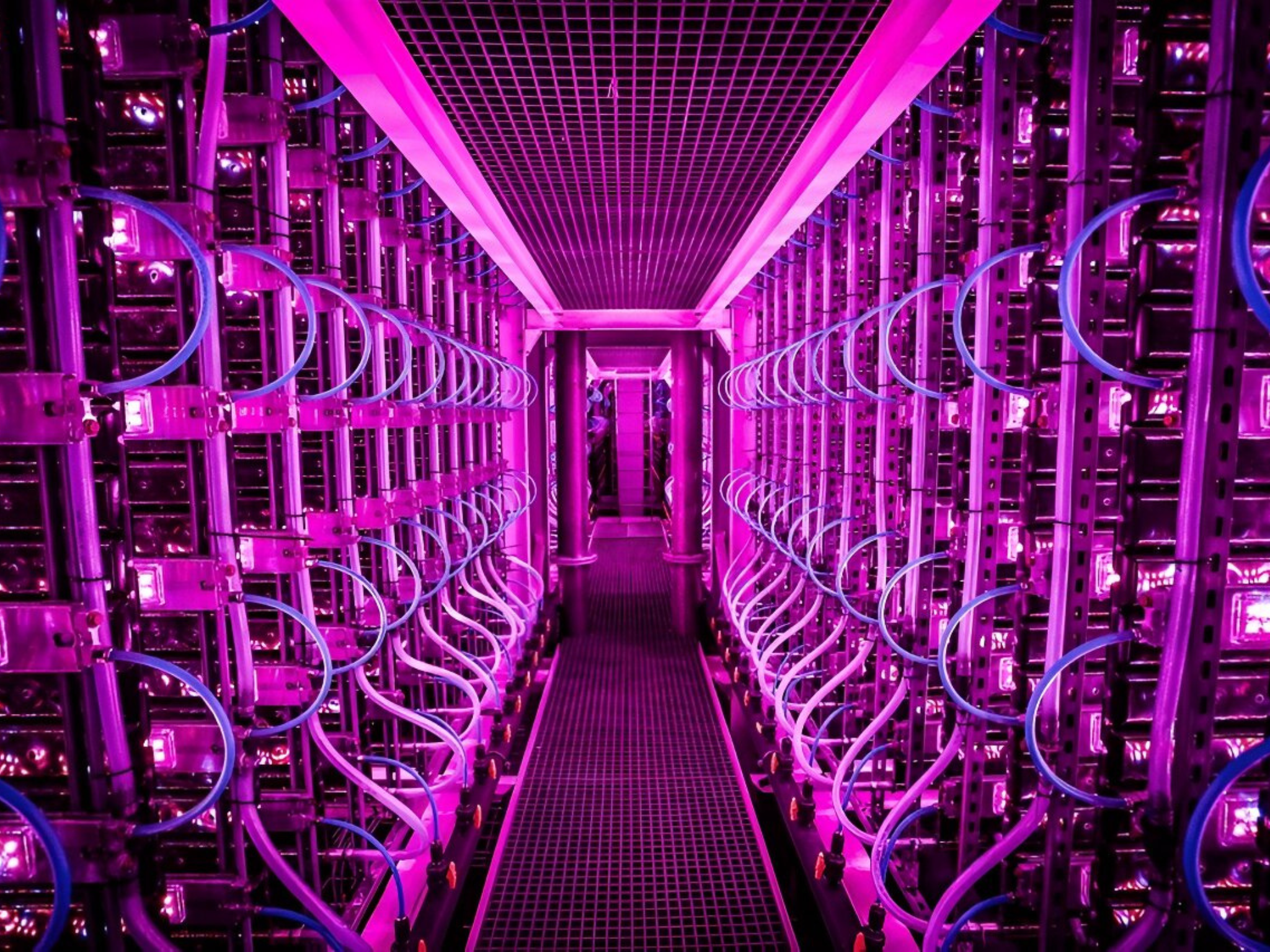4 Mins Read
Scientists have developed a way to produce vitamin B12 from spirulina, in a move that could advance the nutritional prowess of plant-based meat and dairy.
While spirulina has made its way into social consciousness over the last decade as a superfood, the algae also represents enormous potential as a sustainable ingredient.
In a new study led by Asaf Tzachor, founder and academic director of the Aviram Sustainability and Climate Program at Israel’s Reichman University, scientists have demonstrated the potential of spirulina to produce vitamin B12, an essential micronutrient mainly found in animal products.
Alongside researchers from Iceland, Denmark, Austria and the UK, Tzachor found that using biotechnology to cultivate photosynthetically controlled spirulina can produce a carbon-neutral and nutritious biomass with bioactive vitamin B12. And this is present in high concentrations (1.64 micrograms per 100g) comparable to beef (0.7-1.5 micrograms per 100g).
The innovation could be harnessed to produce fortified milk and meat analogues that address a key nutritional deficiency with a fraction of the environmental impact of livestock farming, explained Tzachor.
“The findings demonstrate that photosynthetically controlled Spirulina can produce desirable levels of active vitamin B12, offering a sustainable alternative to traditional animal-source foods,” he added.
The importance – and problematic supply – of vitamin B12

Also called cobalamin, vitamin B12 helps our bodies form red blood cells and DNA, and supports nerve function. A lack of this essential micronutrient can cause both minor and major symptoms like fatigue, memory loss, nerve damage, and anaemia.
But our body can’t produce B12 on its own, and it’s a major reason why many people suffer from B12 deficiency. Research has shown that 6% of adults under 60 in the UK and the US are deficient, as are 50% of children and adults in Latin America, 70% of schoolchildren in Kenya, and 80% of pre-schoolgoers in India.
The main dietary sources of B12 are animal-based foods like red meat, fish, shellfish, poultry, eggs, milk, and cheese. This, however, presents a major problem: these products are harmful to the planet. Livestock production accounts for up to 20% of global greenhouse gas emissions, and 57% of the food system’s emissions (twice as much as plant-based foods).
Many plant-based meats, milks and cereals come fortified with synthetic B12, alongside natural sources like nutritional yeast. Still, vegans are usually at a higher risk of developing B12 deficiencies.
This is where spirulina, a blue-green algae with the scientific name Arthrospira platensis, comes in. The authors of the study, published in the Discover Food journal, cited research that has positioned spirulina as a healthier and sustainable alternative to meat and dairy, thanks to the presence of desirable macro- and micronutrients like calcium, essential amino acids, potassium, magnesium and iron.
But, they argue, most of the vitamin B12 found in spirulina is in a non-active pseudo-form unavailable to humans. And this hinders the algae’s potential to address B12 deficiencies and fully replace beef and other meats in our diets.
Leveraging light to produce B12-rich spirulina

To overcome this hurdle, the researchers looked at light, specifically whether it can enhance the active production of vitamin B12 within spirulina. They evaluated a system of artificially illuminated, scalable photobioreactors developed by nutrition tech company Vaxa Technologies and located in the Hengill area of Iceland.
They focused on the engineering components, inputs (like energy), and outputs, including biomass composition. The photobioreactor system used modified light conditions to improve active B12 production in the algae, as well as other bioactive compounds with antioxidant, anti-inflammatory and immune-bosting properties.
For decades, studies have shown that spirulina can be cultured in a range of conditions, including photobioreactors where controlling the light collected by the algae could enhance photosynthesis. If this is done on renewable energy sources, algae production like the one in the Hengill factory could be carbon-neutral, according to the scientists.
The study also looked into scenarios to scale up production, and how they can impact global nutrition. If electricity from large-scale, heavy industry purposes is reallocated to spirulina production, Icland could produce. nearly 280,000 tonnes of biomass annually. This translates to 4,550g of active vitamin B12, meeting the recommended dietary allowance for nearly 14 million children aged one to three.
The authors highlight the need for further research, acknowledging that consuming 100g of the photosynthetically controlled spirulina is associated with challenges around palatability, nutrition, and practicality – the taste and texture of the algae may not be as easily adaptable to a wide variety of dishes as beef.
Achieving the daily recommended allowance for B12 by fortifying foods with spirulina is possible, but would present complex challenges and require careful formulation. That said, the researchers said the use of this spirulina as a “potent vitamin and mineral source could support the transition from animal-based to well-balanced plant-based diets”.



